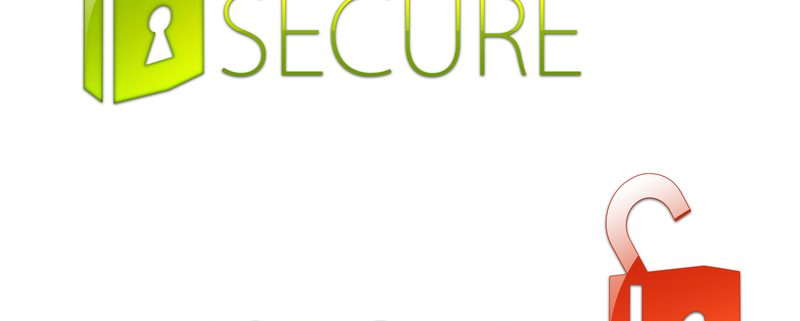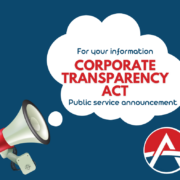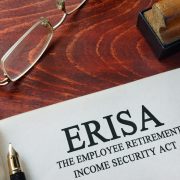What Are Private Notes in Self-Directed IRA Investing?
When many people think about loans from a Self-Directed IRA, they often think about what kinds of loans they can take from it. For example, a Self-Directed Solo 401(k) plan has some loan flexibility. But the truth is, one of the great advantages of using a Self-Directed IRA is that you can take advantage of this type of account by issuing loans to others as an investment. These Private Notes help investors because they create a new type of asset in their portfolio that has the potential to diversify out of the traditional investment classes. And it can benefit the borrowers as well. Here’s what you need to know about the potential types of Private Notes within a Self-Directed IRA.
Types of Private Notes in Self-Directed IRAs
First, a quick note: there isn’t a type of note “included” in a Self-Directed IRA if you don’t want one. The point of the Self-Directed IRA is that you get to pick your own retirement investment asset classes, and the individual investments you make. However, if you do decide to make a private note investment, there are a lot of options on the table, including:
- Mortgages and trust deeds. These types of loans center around real estate, which can help you take advantage of a housing market in a particular area and how well it might be performing. These loans are also essential for many people who can’t otherwise buy a home with cash.
- Secured notes. A basic secured note is one that is backed by collateral, which then presents the lender with options in case the borrower is not able to make payments. If you want to use secured notes within a retirement portfolio, you can, as long as you make sure that the terms are in line with what you can do inside a retirement account. Typically, mortgages and auto loans are examples of notes with collateral backing them.
- Unsecured notes. Unsecured notes are loans that are not backed by collateral, taking on more risk—and often meaning there is more interest to charge as well.
- Private business loans. People who want to start a business but don’t have the assets to make it happen just yet are looking for capital. The Self-Directed IRA offers you many options for investing directly into a private business if you want, as well. However, a private business loan does not necessarily reward you with a share in the business. It may simply be a private loan from person to person.
- Car notes. Cars are getting more expensive these days, which means financing must be an option for many buyers.
- Bridge loans. Bridge loans help people who might have substantial assets but are currently cash-poor to move from one loan to the next without incurring problems like lack of payment.
These are just a sampling of the types of potential loans you might make within a Self-Directed IRA.
A Note on the Limits of the Self-Directed IRA
As many notes and loans as there may be on this list, there are also limits to remember: you have to play by the rules of retirement investing. You’ll be free to determine the repayment terms and set your own interest rates in many cases, but you must remember to do your due diligence as well. To learn more about how Self-Directed IRA notes and loans might work, you can find out more on our page about Private IRA lending.
Interested in learning more about Self-Directed IRAs? Contact American IRA, LLC at 866-7500-IRA (472) for a free consultation. Download our free guides or visit us online at www.AmericanIRA.com.








